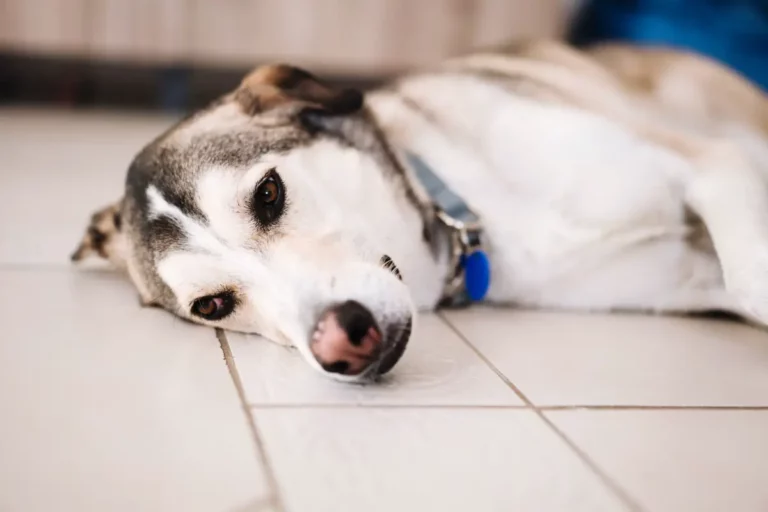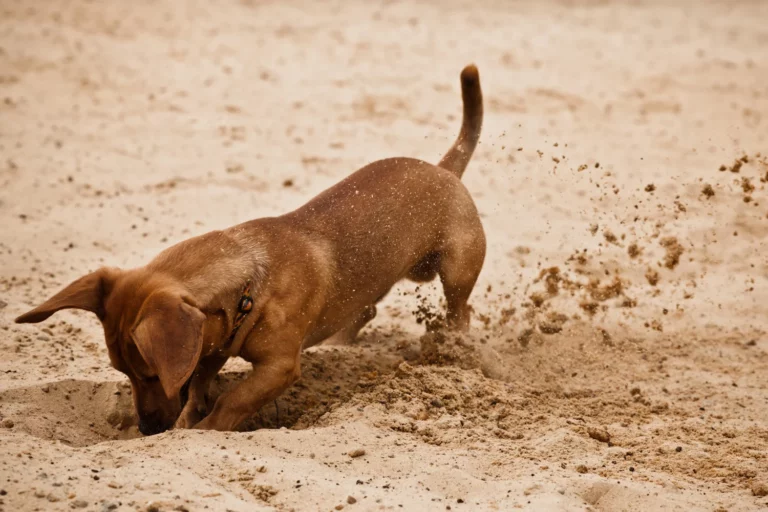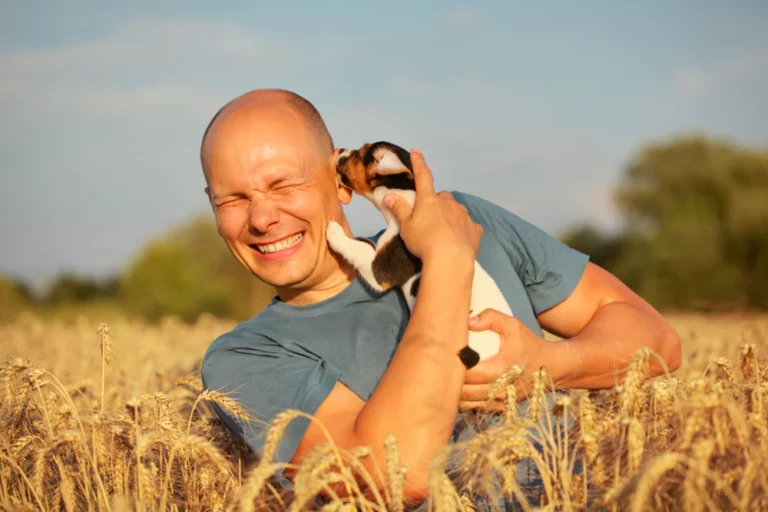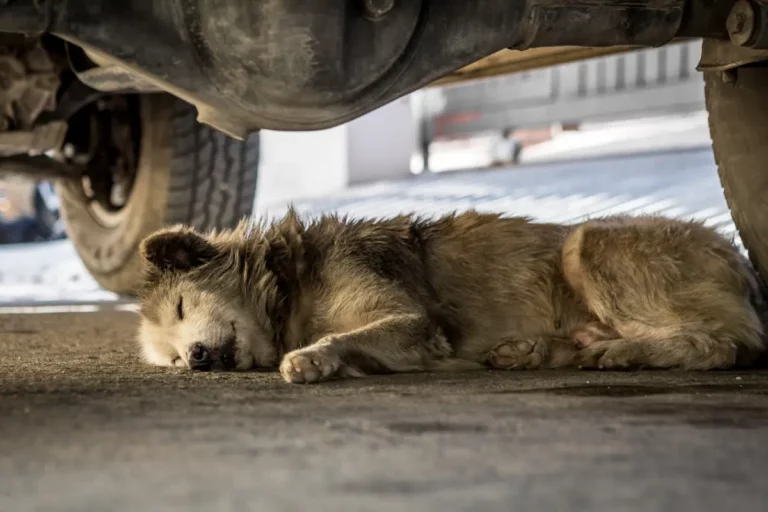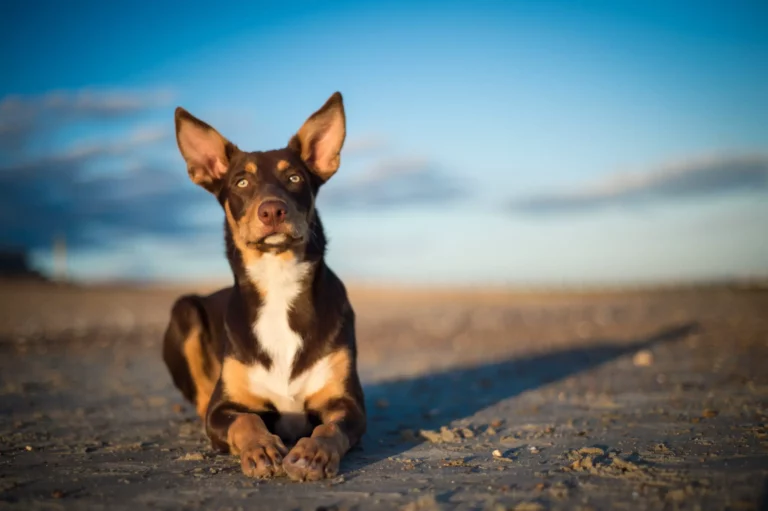Can Apple Cider Vinegar Stop Your Dog From Licking Their Paws?
Introduction
If you have a pup who can’t seem to stop licking their paws, apple cider vinegar may be the answer you’re looking for. Apple Cider Vinegar (ACV) has been used as a natural home remedy for centuries, and many pet owners are now turning to it to help stop their dogs from licking their paws. Not only is ACV relatively inexpensive and easy to find, but recent studies have also shown that it can be an effective solution for paw licking. Used with caution and guidance from your vet, ACV can help to keep your pup’s licking under control.
What is causing your dog to lick their paws?
It is important to determine what is causing your dog to lick their paws. This behavior can be caused by a variety of things, such as allergies, dry skin, parasites, or even psychological issues. It is best to speak to your vet to determine the exact cause.
Once you know the cause, you can then decide on a course of action to help stop your pup from licking. Apple cider vinegar is a natural remedy that can help to deter dogs from licking their paws.
It has antifungal, antibacterial, and antiviral properties that can help soothe itchy or inflamed skin. It is also a natural pH balancer, which can help to restore a healthy pH balance to the skin.
The key is to use it in a diluted form and to always speak to your vet before using it. With their guidance, you can keep your pup’s paws healthy and free from any further licking.
Apple Cider Vinegar: A Potential Solution
Apple cider vinegar is a potential solution to the problem of your pup licking their paws. It can help to stop the behavior, while at the same time providing other health benefits.
While it can be a great help, it is important to use with caution and under the guidance of your vet. Apple cider vinegar has numerous benefits for your pup, including reducing itching, helping to balance their skin’s pH levels, and also reducing inflammation. When added to your dog’s food or water, it can help to reduce the urge to lick their paws, as it will help to make them less itchy.
It is important to use apple cider vinegar with caution, and to always check with your vet before using it on your pup. It can cause harm if ingested in large amounts, so it is best to use it as directed by your vet.
Overuse can also cause more harm than good, so it is important to be mindful of how much you use. With the right advice, apple cider vinegar can be a great help in stopping your pup from licking their paws.
The Benefits of Apple Cider Vinegar
Apple cider vinegar has been known to have many benefits for dogs and can be an effective solution for deterring your pup from licking their paws. ACV is known to contain many vitamins and minerals including potassium, magnesium, and phosphorus that can help reduce inflammation, improve digestion, and strengthen the immune system. It also has a bitter taste that can help discourage your dog from licking their paws.
ACV has natural antifungal and antibacterial properties that can help soothe any skin irritations, infections, and other skin problems. When using ACV to stop your dog from licking their paws, be sure to dilute it first.
A recommended ratio is 1 part ACV to 4 parts water. You can then apply it to your pup’s paws using a cotton ball or clean cloth several times a day until the licking stops. Of course, talk to your vet first to make sure ACV is the right solution for your pup’s licking problem and that the strength of the solution is appropriate.

Is Apple Cider Vinegar Safe for Dogs?
Apple cider vinegar is fairly safe for most dogs, but it’s always important to consult your vet first for the best advice for your pet. Depending on the underlying cause of their licking, your vet may advise using Apple cider vinegar as an additional treatment, or they may advise against it. As with any treatment, it’s important to make sure your dog isn’t overly sensitive or allergic to the vinegar, as this could make the problem worse.
It’s important to monitor your dog’s symptoms carefully and keep an eye out for any reaction to the vinegar.
It’s also important to keep in mind that Apple cider vinegar is only a temporary solution, as it does not address the underlying cause of the licking. Apple cider vinegar is also not suitable for use with puppies and pregnant dogs. Always be sure to consult with your vet before using Apple cider vinegar to treat your dog’s licking issue.
Using Apple Cider Vinegar to Stop Your Dog From Licking Their Paws
If your pup is licking their paws too much, you may be considering using apple cider vinegar. Apple cider vinegar has many benefits and can be a great deterrent for excessive licking, but it’s important to use it safely and with caution. Before using it, discuss it with your vet and make sure the underlying cause of the paw licking is addressed.
When using apple cider vinegar, start with a small amount, like one tablespoon per eight ounces of water.
If your pup is okay with the taste, you can add a little more and increase the ratio of vinegar to water over time. You can give this to your pup directly in their bowl or mixed into their food. It’s also a good idea to use a topical solution of apple cider vinegar on the paws, by either spraying it or soaking the paws in it.
Be careful not to use too much vinegar, and stop if your pup seems uncomfortable. As with any remedy, keep an eye on your pup after administering it to make sure it’s working as intended.
Conclusion
Apple cider vinegar can be a great solution to help stop your dog from licking their paws. It is natural, cost-effective, and easy to use. It is important to use with caution and only after consulting your vet.
Apple cider vinegar is acidic, so it is not recommended to use neat or directly on your pet.
Dilute it in water, spray it on the affected area, and rinse it off. It is also wise to check your pup’s paws for any visible signs of infection, as this can worsen the itching and licking. It is important to be mindful that licking can be a sign of underlying medical issues. If the problem persists, be sure to check with your vet to rule out any health conditions that could be causing the behaviour.


